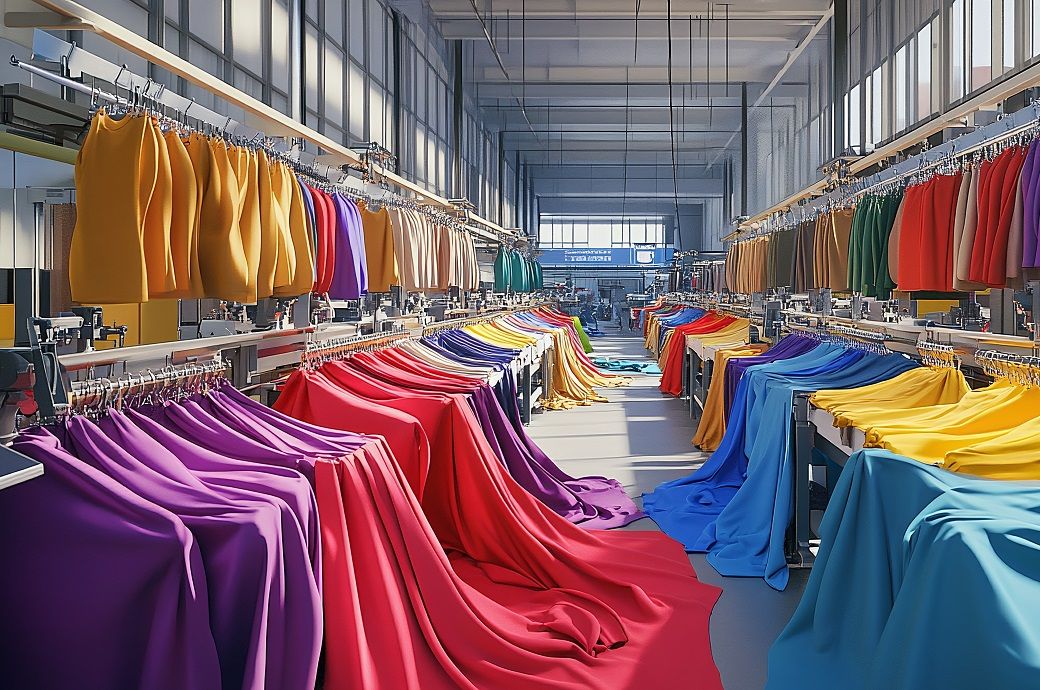
While the present situation in Bangladesh provides an opportunity to increase India’s export share, the country’s textile industry is struggling hard to attract large export orders due to limits of production capacity. Secondly, domestic industry is facing several odds in terms of higher cost of production due to costlier raw materials like fibre, yarn and fabric. These challenges may force the finance minister to think on various options.
After lukewarm response, production linked incentive (PLI) scheme is gradually taking space in textile industry. However, the scheme is yet to take off in a full-fledged manner due to several restrictions. Industry organisations are demanding removal of restrictions to harness the schemes full potential. Therefore, the government may ease conditions of PLI scheme with higher allocations. The government may raise the allocation for PLI scheme for the textile sector to ₹60 crore from ₹45 crore for the current fiscal, official sources indicated.
The government may cut tariff on raw materials such as polyester and viscose staple fibre. The import duty may also get an ease in imports of textile machinery. Import tariffs are currently in the range of 11-27 per cent on fibre, compared to almost zero duty in Bangladesh. The government may also adjust duty on fabric imports. Industry is raising concerns of flooding of knitted synthetic fabric from China by misdeclarations. Duty adjustment may balance the interests of upstream and downstream value chain of the textile industry.
ALCHEMPro News Desk (KUL)
Receive daily prices and market insights straight to your inbox. Subscribe to AlchemPro Weekly!